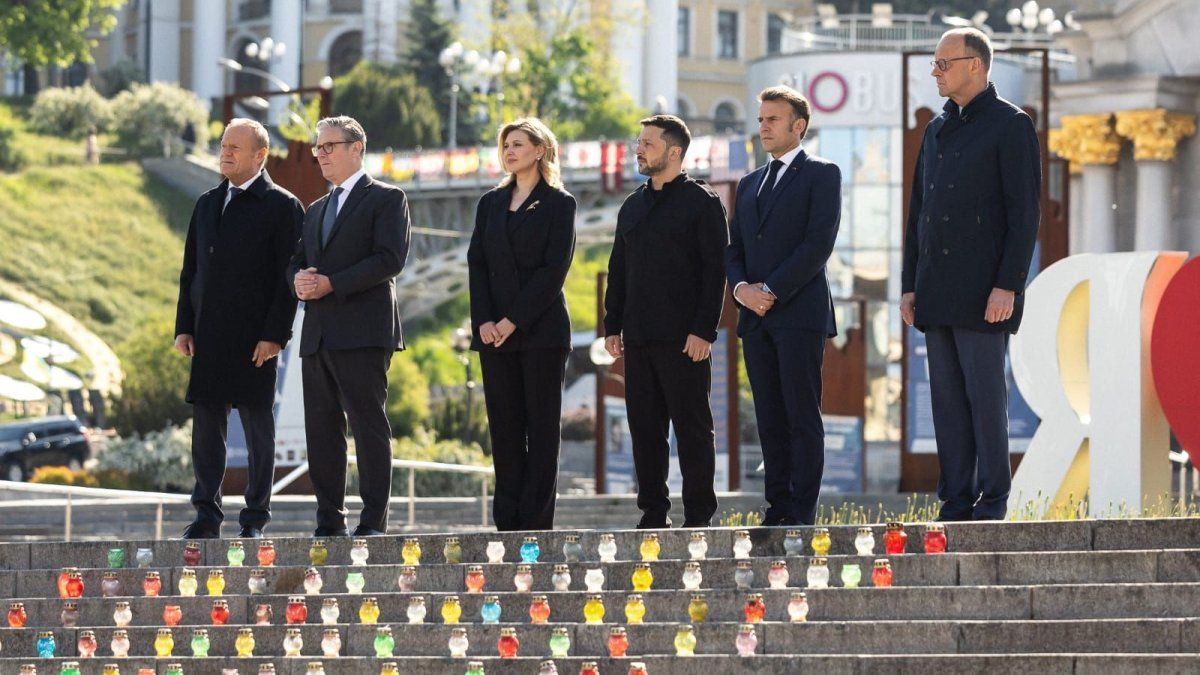There has been speculation for some time as to whether Malu Dreyer will remain Prime Minister of Rhineland-Palatinate until the end of the legislative period in 2026. However, the timing of the change comes as a surprise.
Well before the next state election in 2026, there will be a change at the top of the government in Rhineland-Palatinate. Prime Minister Malu Dreyer (SPD) will step down from the office she has held since 2013 in a few weeks.
Her successor is to be the current state minister for labor and social affairs, transformation and digitization, Alexander Schweitzer (SPD), as the German Press Agency learned from government circles. Details are to be announced this afternoon at a press conference in Mainz. “Die Rheinpfalz”, “Spiegel” and “Die Zeit” had previously reported on the matter.
At first it was unclear what specific reason had prompted Dreyer to take this step. It comes a week and a half after the Social Democrats’ defeat in the European elections and the local elections in Rhineland-Palatinate. At the beginning of this year, for example, at the New Year’s reception in the State Chancellery, Dreyer said that she still had a lot to do.
And yet there had been speculation about her resignation for some time. In addition to Schweitzer, Interior Minister Michael Ebling and the current parliamentary group leader Sabine Bätzing-Lichtenthäler (both SPD) were also mentioned as possible successors.
Bätzing-Lichtenthäler will now become the state chairwoman of the SPD Rhineland-Palatinate, as the German Press Agency learned from party circles and the “Rheinpfalz” had previously reported. The previous state leader Roger Lewentz, who was interior minister during the Ahr Valley flood and later resigned, will therefore step down.
Weeks of decisions in Rhineland-Palatinate
According to information from the daily newspaper “Rheinpfalz”, Schweitzer is set to stand for election as Prime Minister in the state parliament before the parliamentary summer recess. The next state election in Rhineland-Palatinate is scheduled for spring 2026. Schweitzer would thus have the chance to go into this election as a high-profile head of government.
Political scientist Uwe Jun confirmed that Dreyer had chosen a good time to resign. Almost two years before the next state election in Rhineland-Palatinate, her successor has enough time to establish himself in the office, Jun told the dpa. Schweitzer is following in “very big shoes”. It is not an easy task for him because Dreyer has very high popularity ratings.
Schweitzer, who comes from Landau in the southern Palatinate, has been represented in the Rhineland-Palatinate cabinet again since the government was formed after the state elections in 2021. The 50-year-old had already been a minister in 2013 and 2014, and in the meantime he was leader of the SPD parliamentary group in the Rhineland-Palatinate state parliament.
Future duel: Schweitzer against Schnieder
With the now announced withdrawal of Dreyer, who was born in Neustadt an der Weinstraße in the Palatinate, the central duel in state politics in the future is likely to be Schweitzer against Gordon Schnieder of the CDU. Both the SPD, which has been in power in the structurally conservative Rhineland-Palatinate since 1991, and the Union have repeatedly said that after the European and local elections, the personnel line-up for 2026 should be looked at.
Last week, the CDU announced that Schnieder, who has long been the CDU parliamentary group leader in the state parliament in Mainz, will soon become the head of the state party. The current incumbent, Christian Baldauf, announced that he would not run again and would propose Schnieder as his successor at a meeting of the state executive committee on July 9.
The 63-year-old Dreyer has been head of government in Rhineland-Palatinate since 2013. She succeeded Kurt Beck in the office at the time, initially leading a red-green state government and, since 2016, a traffic light coalition of the SPD, Greens and FDP, which – unlike the one at federal level – operated largely quietly. It is an open secret in political Mainz that Dreyer plays a significant role in this with many discussions. The 63-year-old has multiple sclerosis (MS) and is open about it. She once said: “I am not suffering, I have made my peace with the disease, I am no longer fighting it.”
Scholz honors Dreyer
Chancellor Olaf Scholz (SPD) has acknowledged the resignation “with great respect”. The Chancellor has “great appreciation” for Dreyer as head of government of a successful traffic light coalition, said deputy government spokeswoman Christiane Hoffmann. “He values her very much as a reliable and popular politician who is not without reason very popular.”
Source: Stern
I have been working in the news industry for over 6 years, first as a reporter and now as an editor. I have covered politics extensively, and my work has appeared in major newspapers and online news outlets around the world. In addition to my writing, I also contribute regularly to 24 Hours World.




